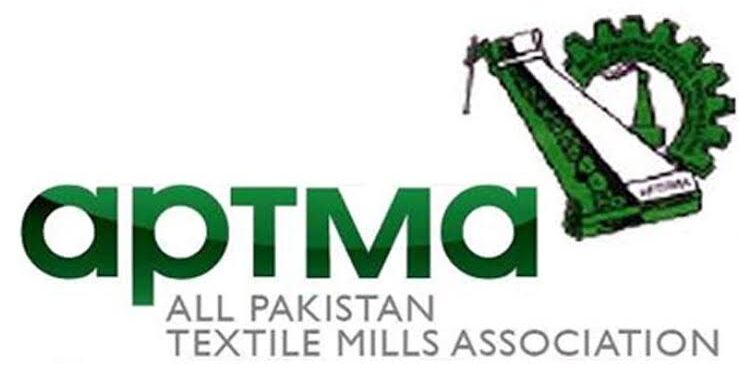ISLAMABAD: The All Pakistan Textile Mills Association (APTMA) has urged Finance Minister Senator Muhammad Aurangzeb to immediately issue the Statutory Regulatory Order (SRO) for the imposition of 18% sales tax on the import of cotton fiber, yarn, and greige cloth, as committed in the Federal Budget 2025–26.
In a letter to the Finance Minister, APTMA Chairman Kamran Arshad drew attention to the government’s budget announcement that these imported items would be subject to 18% sales tax, while continuing to fall under the Export Facilitation Scheme (EFS).
“Our original request was for a complete exclusion of these items from the EFS, considering the damage caused to the domestic industry by unnecessary imports. However, during the budget presentation, a critical step was pledged to equalize the tax treatment of local and imported supplies for export purposes,” Arshad wrote.
He pointed out that more than six weeks have passed since the budget speech, and nearly three weeks since its approval. As per the decision of the Deputy Prime Minister’s Committee, the sales tax was to be imposed from July 15. Despite the passing of this date, the promised SRO has yet to be issued.
APTMA noted that the delay coincides with the arrival of the new domestic cotton crop, which is currently facing a lack of buyers due to continued uncertainty. The tax disparity, the Association stated, has eroded demand for locally grown cotton and domestically manufactured yarn and greige cloth.
Given the absence of a level playing field, both traders and mills are hesitant to off-take the new crop. The textile sector — which accounts for more than half of Pakistan’s total exports and showed robust performance with a $1.5 billion increase in FY 2024–25 — saw an equivalent rise of $1.5 to $2 billion in imports, resulting in a net negative impact on the balance of payments.
APTMA warned that Pakistan’s current account is balanced precariously, aided only by temporarily low international oil and gas prices — a situation that cannot be sustained in the medium or long term. The Association stressed that Pakistan must enhance domestic value addition in exports, but current policy incentives are undermining this objective.
“We submit that any further delay in issuing the promised SRO will exacerbate mill closures, capital flight, and the loss of hundreds of thousands of jobs,” Arshad cautioned. “To safeguard the livelihoods of our growers, spinners, and exporters — and to uphold the Federal Government’s own fiscal and export targets — we respectfully urge that the SRO for imposition of 18% sales tax on cotton fiber, yarn, and greige cloth imports be issued without further delay.”
NEPRA accepts Sahiwal Power Plant’s explanation, closes blackout inquiry
ISLAMABAD: The National Electric Power Regulatory Authority (NEPRA) has settled Show Cause notice issued to 1320 MW Sahiwal coal-fired power...
Read more














